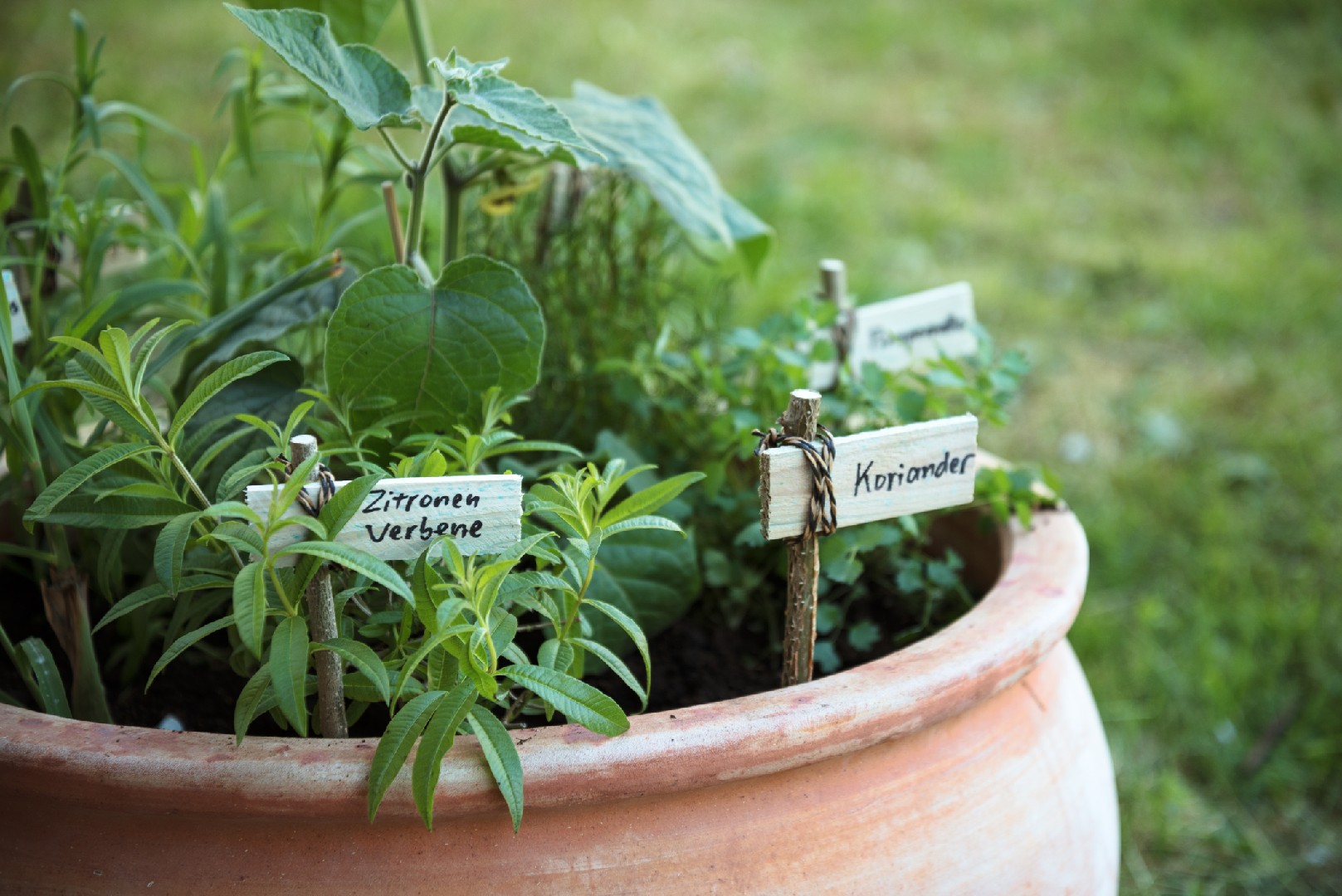![Rectangle]()
Starting Your Organic Herb Garden: Steps to Success
Starting your own organic herb garden can be a rewarding and fulfilling experience. Not only do you get to enjoy the fresh flavors and aromas of homegrown herbs, but you also contribute to a healthier and more sustainable lifestyle. In this section, we will explore the key steps to success in starting your own organic herb garden.
The first step in a successful organic herb garden is to understand the importance of soil quality and preparation. Organic gardening relies on healthy and fertile soil to provide the necessary nutrients for plant growth. Begin by testing the pH level of your soil to ensure it falls within the optimal range for herb cultivation. Most herbs prefer a slightly acidic soil, with a pH level between 6 and 7.
To improve soil quality, enrich it with organic matter such as compost, aged manure, or leaf mold. These natural amendments will not only nourish the soil but also enhance its water-holding capacity and drainage. Compost can be easily made at home using kitchen scraps, yard waste, and other organic materials. By recycling these waste products, you not only reduce landfill waste but also create a nutrient-rich soil amendment.
The next step is to choose the right organic herbs for your needs and climate conditions. Consider the herbs you use most often in cooking or ones that have medicinal properties you desire. It's important to select herbs that are well-suited to your local climate, as some herbs thrive in cooler temperatures while others prefer heat. Research the specific growing requirements of each herb, including sunlight exposure, water needs, and spacing recommendations.
When it comes to planting methods, there are various options to consider. You can start your herb garden from seeds, which are often less expensive and offer a wide variety of herb choices. Alternatively, you can purchase young herb plants from a nursery or garden center. This option allows you to skip the germination process and get a head start on growth. Whichever method you choose, be sure to give your herbs enough space to grow, as overcrowding can lead to poor airflow and increased risk of diseases.
Propagation is another technique to expand your herb garden. Many herbs, such as basil and mint, can be easily propagated from stem cuttings. Simply snip a healthy stem from an established plant, remove the lower leaves, and place it in a glass of water or potting mix. Within a few weeks, roots will develop, and you can transplant the cutting into its own container or directly into the garden.
In conclusion, starting your own organic herb garden requires a few essential steps. Understanding the importance of soil quality and preparation, choosing the right herbs for your needs, and utilizing proper planting and propagation techniques will set you on the path to success. Remember to take care of your herb garden by providing adequate water, sunlight, and regular maintenance. Soon enough, you'll be enjoying the fresh flavors and medicinal benefits of your homegrown organic herbs.





